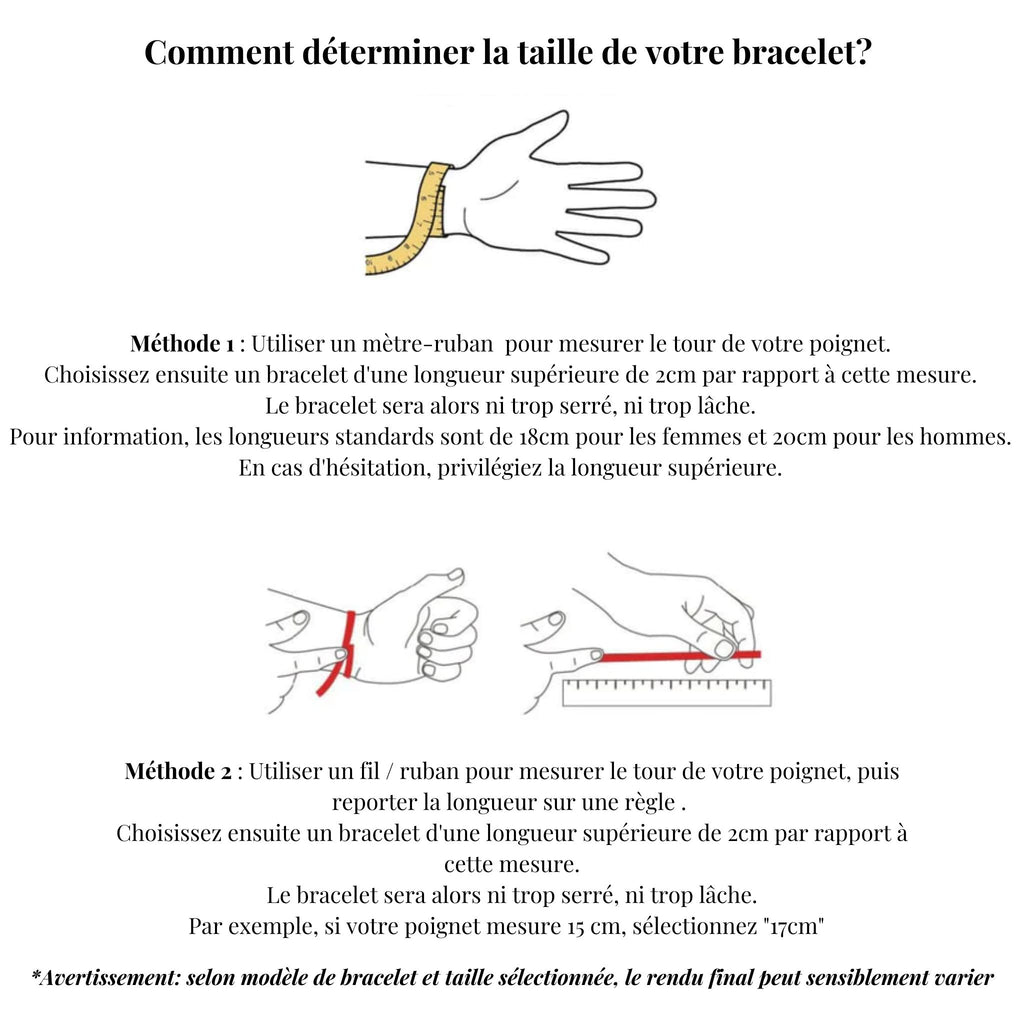Digestive System Diseases
Are you looking for a stone to help you with a health problem? You are in the right place. For an alphabetical search of all pathologies: All pathologies
To search among Diseases of the Digestive System , use the summary below:
Diarrhea | Sour stomach | Ulcer | Intestinal polyps | Irritable bowel | Crohn's disease | Stomach aches | Intestinal obstruction | Hemorrhoids | Food allergies | Nausea | Polyps | Digestion | Liver | Internal organs |
Diarrhea
Acute diarrhea is manifested by liquid stools more than 3 times a day. It is frequently due to an intestinal infection by viruses, such as gastroenteritis which occurs most often in winter.
Sour stomach
What is heartburn? It is a feeling of acidity (hence the name sourness) located in the stomach, in the upper part of the belly. People affected by heartburn may also experience a feeling of heat or burning.
Ulcer
A peptic ulcer is a round or oval lesion in the lining of the stomach, or duodenum, that has been corroded by stomach acid and digestive juices
Intestinal polyps
Intestinal polyps are growths that form on the mucous membrane that lines the inside of the colon. They occur in 30% to 50% of adults.
Irritable bowel
It is a chronic pathology (at least 6 months of development) combining abdominal pain and intestinal transit disorders such as episodes of diarrhea or constipation or even an alternation of the two. Irritable bowel syndrome is a so-called “functional” pathology.
Crohn's disease
Crohn's disease (CD) is a chronic inflammation that can affect the walls of the entire digestive tract, from the mouth to the anus. Most often, Crohn's disease affects the end part of the small intestine which connects the stomach to the colon, the colon (or "large intestine") and the anus.
Stomach ache
Gastritis: It refers to an inflammation that occurs in the lining of the stomach. Gastritis usually manifests itself as heartburn. A gastric ulcer: It is caused by a deep lesion in the stomach. A stomach ulcer results in intense stomach pain.
Intestinal obstruction
Intestinal obstruction is the partial or complete blockage of the small intestine or colon. This blockage prevents food, liquids and gases from moving through the intestine normally.
Hemorrhoids
Hemorrhoidal disease (commonly called hemorrhoids) can cause painful attacks when the hemorrhoidal veins around the anus become inflamed and excessively dilated. Constipation is the main cause because it leads to repeated pushing efforts to evacuate stools.
Food allergies
A food allergy is an IgE-induced immune response to a protein in a food. Ingesting even very small amounts of this food or breathing in particles of it can trigger an allergic reaction (anaphylaxis) that can be life-threatening.
Nausea
Nausea is an unpleasant sensation in the stomach and throat corresponding to a desire to vomit. We often speak of “sickness”, “smeared stomach feeling”, “retching”. Vomiting is the release of stomach contents through the mouth.
Polyps
A polyp is a protruding growth of tissue arising from the wall of a hollow space, such as the intestine. Some polyps are caused by hereditary diseases. Rectal bleeding is the most common symptom. A colonoscopy is performed to establish the diagnosis.
Digestion
Digestion is the transformation of food into substances and molecules that can be assimilated by the body. During digestion, complex molecules are transformed into simpler elements that are more easily absorbed by the digestive tract. ... Mechanical digestion, which takes place in the mouth and stomach.
Liver
The Liver is the largest organ in the human body. It belongs to the digestive system and provides numerous vital functions to the body. It is located in the upper right part of the abdomen: this organ is partially protected by the ribs.
Internal organs
The organs constantly take nutrients such as oxygen and glucose from the blood. The organs constantly release waste products such as carbon dioxide into the bloodstream.
Caution
Lithotherapy should in no case be a substitute for prescribed medical treatment. It should only act to reinforce this treatment. Medical diagnosis is essential and any ongoing treatment must be continued.
















